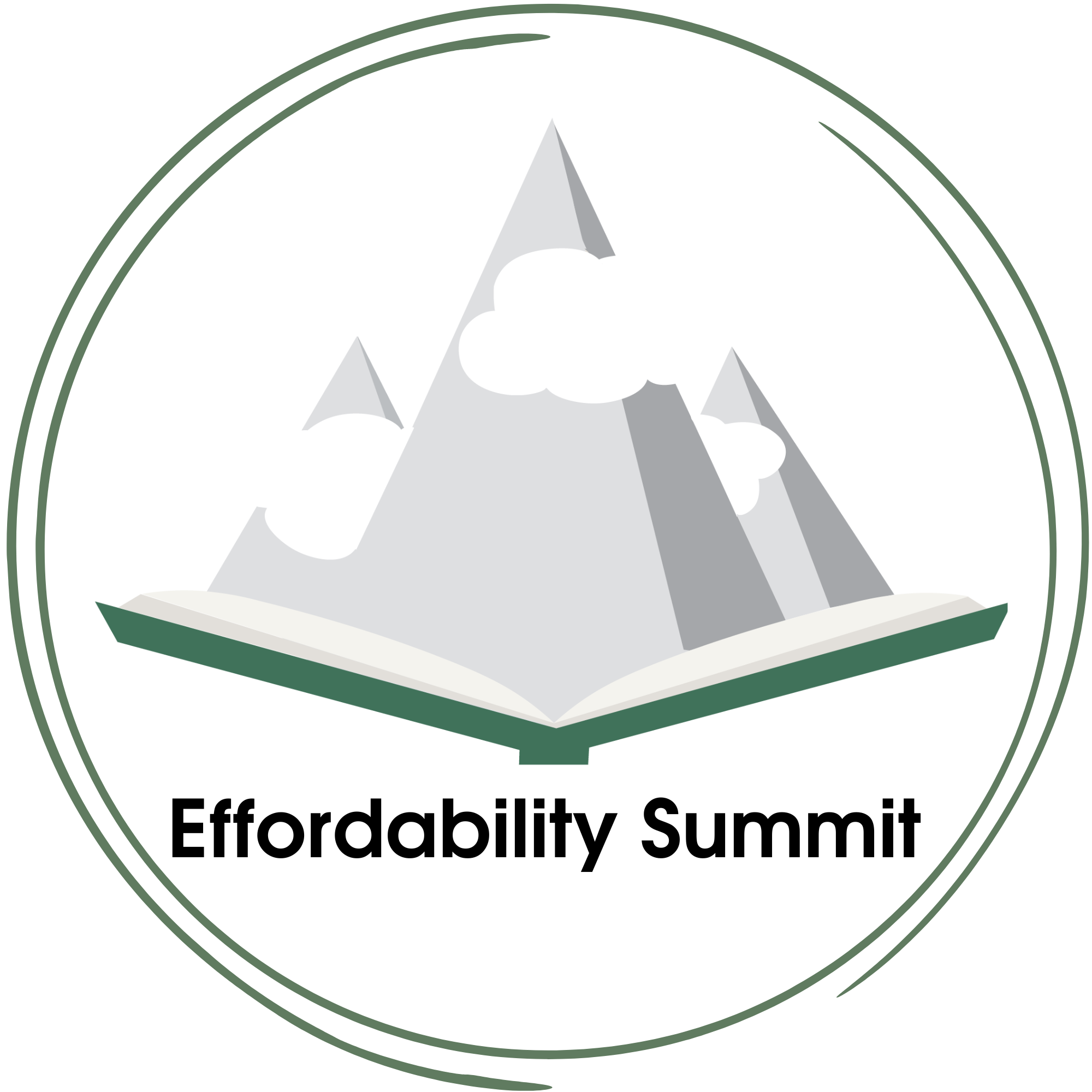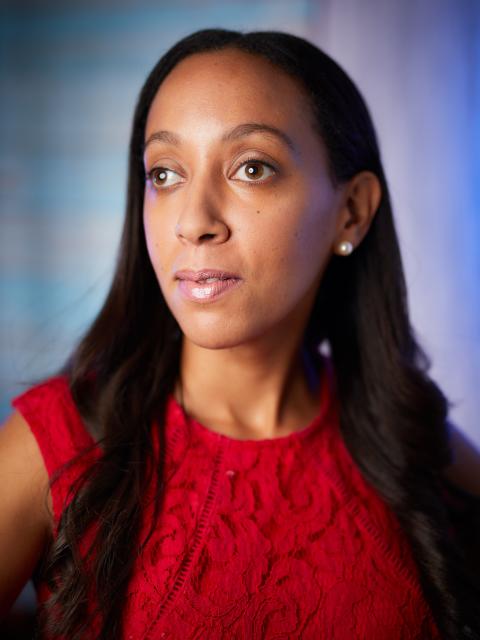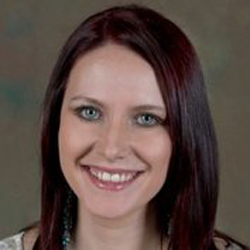 April 7-8, 2025
April 7-8, 2025
The Effordability Summit is a regional conference that focuses on the use, development, and creation of quality and affordable curricular content. Hosted at the University of Wisconsin-Stout, the Summit invites attendance from students, faculty, technologists, librarians, campus store professionals, administrators and anyone else interested in the use, development, and creation of curricular materials in the K-20 environment (we welcome all educators from K-12, two year colleges, and four-year universities, both public and private). Topics discussed include open educational resources, inclusive access, equitable access, teaching and learning practices, artificial intelligence, and commercial textbooks/materials and much more.
This year's summit focuses on "Accessibility." Presentations will focus on experiences and innovations related to adopting and advancing open educational resources, lowering educational costs, and enhancing the sustainability of open education programs. Topics include OER adoption and creation, inclusive access programs, library initiatives, and adapting "non-standard" materials to replace traditional textbooks.
This is an in-person conference and registration for the event is free!
Register for the Summit Today! Apply to Present
Conference keynotes will be live streamed and available for online viewing for registered attendees who are unable to attend in person.

2024 Keynote 1
Disability & Innovation: A Conversation with Haben Girma
Disabled people are the largest historically underrepresented group, numbering over one billion worldwide. Reaching a group of this scale creates value for everyone. Organizations that prioritize accessibility benefit by gaining access to a much larger audience, improving the experience for both disabled and nondisabled people, and facilitating further innovation.
Join us for an engaging presentation on making our communities more accessible.
About Haben Girma:
The first Deafblind person to graduate from Harvard Law School, Haben Girma is a human rights lawyer advancing disability justice. She is the author of Haben: The Deafblind Woman Who Conquered Harvard Law.

2024 Keynote 2
Power of Artificial Intelligence: A Conversation with Irina Petrakova-Otto
Irina Petrakova-Otto will be speaking on the power of artificial intelligence on Thursday, April 4, 2024. As the Chief Technical Officer at Microsoft, her work is leading the way with artificial intelligence, and she will be sharing groundbreaking updates on the future of Generative AI.
Sponsorship Tiers
Anchor | $5,000 and up |
Champion | $4,000-$4,999 |
Hero | $2,000-$3,999 |
Advocate | $1,000-$1,999 |
Friend | $500-$999 |
Attendee | $50-$499 |
The 2024 Summit: Accessibility

Disability & Innovation
Haben Girma, Activist
Disabled people are the largest historically underrepresented group, numbering over one billion worldwide. Reaching a group of this scale creates value for everyone. Organizations that prioritize accessibility benefit by gaining access to a much larger audience, improving the experience for both disabled and nondisabled people, and facilitating further innovation.
Join us for an engaging presentation on making our communities more accessible.
About Haben Girma:
The first Deafblind person to graduate from Harvard Law School, Haben Girma is a human rights lawyer advancing disability justice. She is the author of Haben: The Deafblind Woman Who Conquered Harvard Law.

The Power of Artificial Intelligence
Irina Petrakova-Otto, CTO, Microsoft
Irina Petrakova-Otto will be speaking on the power of artificial intelligence on Thursday, April 4, 2024. As the Chief Technical Officer at Microsoft, her work is leading the way with artificial intelligence, and she will be sharing groundbreaking updates on the future of Generative AI.
| Biases & Challenges with AI in Education | Emily Laird and Rickie Ann Legleitner |
| Building Capacity for OER at the Universities of Wisconsin | Dana Linnell, Julie Pohlman, Pamela Rivers, Erin Speetzen, and Kristin Woodward |
| Bursting Barriers: See Live Librarians Break Down Textbook Affordability Walls! | Karen Alexander and Sara Fillbrandt |
| Crafting Open Educational Resources at a Distance | Kara Loy and Sylvia Tiala |
| Curation Over Creation: Justifying the Use of OER Videos in Higher Education & Concurrent Enrollment | Lisa Lucas Hurst |
| Digital Literacy and Artificial Intelligence | Cory Whipkey |
| Does Generative AI call for more Oral Exams | Steve Baule and Jordan O'Connell |
| Empowering the Future of Virtual Simulations: A Synergy of Generative AI and Human Expertise | Kim Ernstmeyer and Dominic Slauson |
| eReader Accessibility with RedShelf | Lisa Keese |
| Evolving OER Creation: Partnerships and Processes for Effective Learning | Fran Kennedy and Melissa Williams |
| From Starting to Sustaining the Open Education Resource (OER) Textbook Adoption Decision | Lori Halverson-Wente, Karen Pikula, and Brendan Shea |
| Getting Started with Course Markings | Kristin Woodward |
| Help! Students need to know how to use accessibility tools in Canvas! | Rebecca Graetz |
| How Advances in Generative AI are Shaping the Future of Copyright and Open Source | Stephen Kelly |
| Integrating Educational Goals Within Your Training Curriculum | Richard Brown |
| Keep It Local, Keep It Current: AI Resistant Resources | Rebecca Kuske |
| Leveraging Generative AI in Educational Settings: Case Studies from the Field | Steve Baule, Laura Beasley, Matt Flugum, and Patrick Leeport |
| Mediated Learning Experience (MLE): Enhancing Accessibility and Equity through Cognitive Development | Kenna Knight-Schoeler |
| OER Learning Circle Model New Pressbook Guide | Hector Antunez and Karen Pikula |
| Promoting Student Learning with Artificial Intelligence GPTs and Chatbots | Bruce Forciea |
| Replacing the Textbook: Using Institutional Data to Engage Students with Real-Life Content | Heather Stecklein and Michael Selover |
| Scaling Up OER at Arkansas Tech University | Julie Furst-Bowe and Jeanine Myers |
| Student Textbook Interaction at Stout | Young Lee and Sylvia Tiala |
| The OERtist Tool | Peter Amoabil |
| Unlocking Accessibility: Basics of Creating Inclusive Word Documents | Caitlyn Mohr |
| Using Artificial Intelligence to Enhance Accessibility of Course Resources | Jessica O'Neel |
| Using Open Educational Resources as the Core Curriculum | Ryan Anderson |

Hilary Barker - Leadership Award
Six years into her role as the Education Director of Strategy and Improvement of the Wisconsin Technical College System (WTCS), Hilary Barker has established herself as a leader in the OER network. Hilary created, organized, and leads the WTCS OER Network, a system-wide team of OER champions working toward the goal of advancing open and affordable education with a focus on access and equity. Hilary has developed numerous tools and platforms for resource sharing and professional development through the WTCS OER Network, including a comprehensive OER repository, the Wisconsin Open Education Symposium conference, a dedicated website and numerous videos and tutorials. Managing grants has been key in her efforts for OER materials, including a $2.5 million US Department of Education grant that provided for a System-wide project that created five OER textbooks for nursing courses with OER virtual reality simulation scenarios. “Having the opportunity to collaborate with Hilary through the WTCS OER Network has afforded me the opportunity to experience her enthusiasm and dedication to advancing OER,” said Bobbi Fields, who nominated Barker for the award.

Jim Begotka - Educator Award
As a business management instructor in the Department of Corrections (DOC) at Moraine Park Technical College, Jim Begotka has advanced his students’ learning experiences by developing OERs to replace textbooks and other learning materials that require access to special software or the internet that DOC students do not have access to. “Jim has done all of this of his own volition because it is important to him and the success of a student population that he cares about tremendously, said Joe Desiderio, who nominated Begotka for the award. “He has written numerous OERs that are also being considered for incorporation into courses for traditional students in the program.”

Randi Madisen – Advocate Award
In addition to her duties as the OER librarian at Century College, Randi Madisen has played a vital role in demystifying OER throughout the Minnesota State system. Randi provides resource for other librarians and OER support for those colleges that do not have a librarian. She has advocated for consistency throughout the system by establishing a clear definition of what OER is and by creating clear guidelines as to what constitutes a no-cost textbook. Through her work, Minnesota State now use the UNESCO OER definition, not the five different definitions which had been used by myriad of colleges and universities. ”Randi has moved development of OER beyond the replacement of one for cost textbook to the development of OER,” said Michael Olsen, who nominated Madisen for the award. “A cultural shift in institutions of higher education requires an advocate who is uniquely placed and has the required skill set to champion transformative change.”




